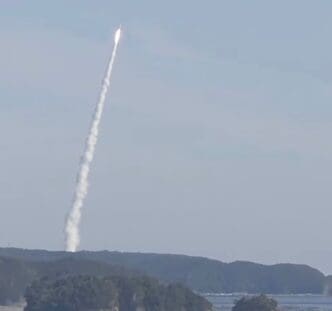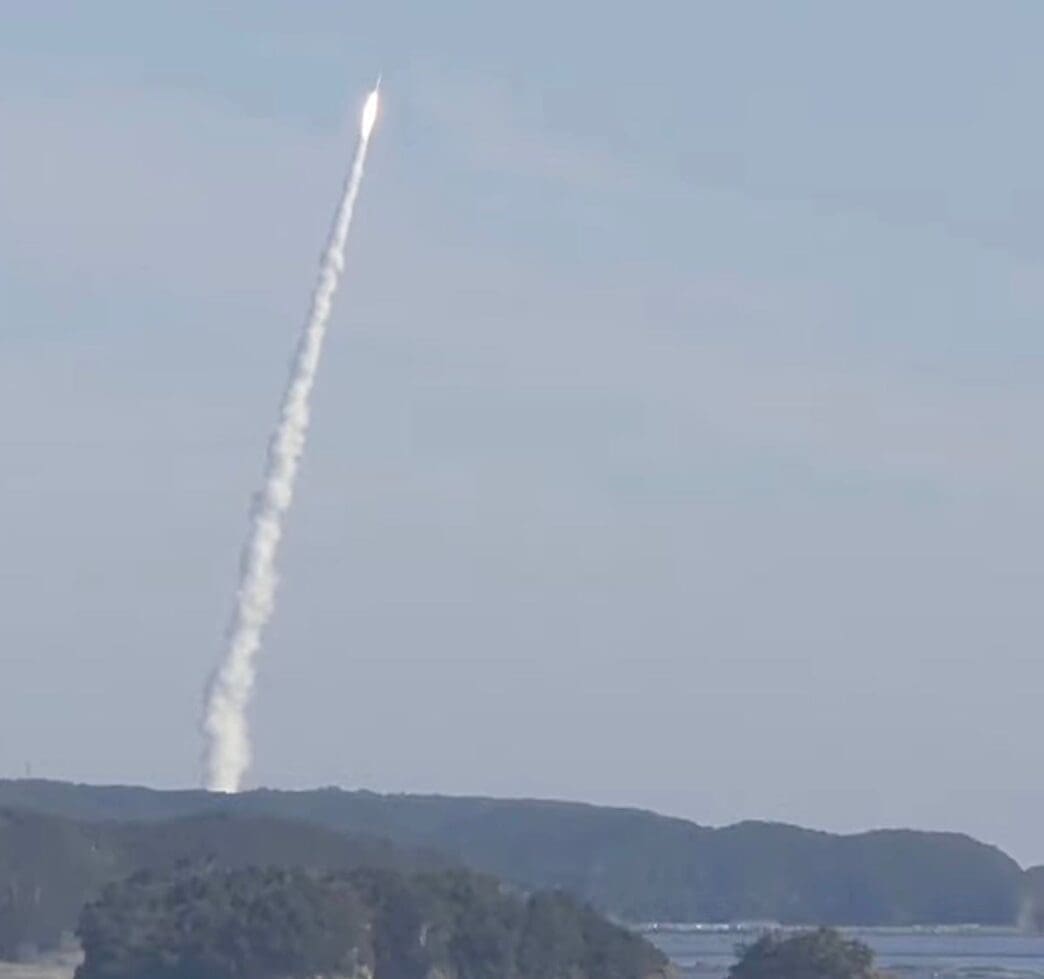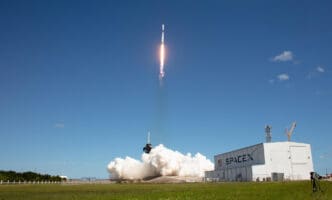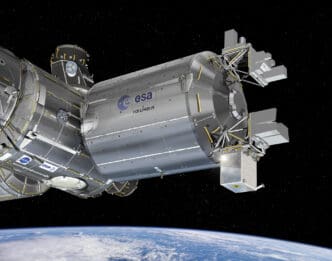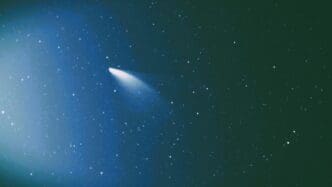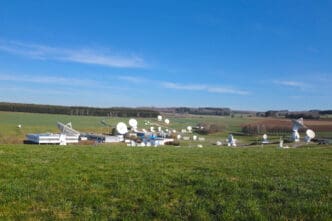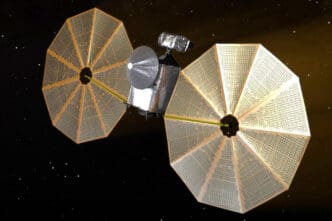The second attempt by a Japanese small launch vehicle ended in failure as it lost control shortly after liftoff on December 17.
The Kairos rocket embarked on its second flight from Spaceport Kii in southern Honshu at 9 p.m. Eastern time. This launch followed several weather-related postponements earlier in the week. Initially, the rocket’s ascent seemed normal; however, about two minutes post-launch, it lost attitude control, resulting in a corkscrew contrail and ultimate failure. Space One, the developer of the Kairos, confirmed the unsuccessful mission but disclosed limited details about the incident. In a translated statement, the company expressed remorse and indicated plans to investigate the failure cause quickly and attempt another launch soon.
Initial assessments from Space One suggested the malfunction might have stemmed from issues with the first stage nozzle or the attitude control system. These insights emerged a few hours following the unsuccessful launch. The setback comes nine months after the rocket’s inaugural flight ended catastrophically when it exploded seconds after taking off. This previous failure was attributed to a triggered autonomous flight termination system due to underperformance of the first stage motor.
The mission aimed to deliver five small satellites for the Taiwan Space Agency and Japanese entities such as Lagrapo, Space Cubics, and Terra Space. Additionally, there was an anonymous client whose payload was aboard the rocket. Despite this setback, Space One continues to pursue a share in the small launch market, where the Kairos, equipped with three solid-fuel stages and a liquid-propellant kick stage, is designed to deploy payloads up to 150 kilograms in sun-synchronous orbits and 250 kilograms in a 500-kilometer orbit at a 33-degree inclination.
Compounding the challenges faced in the Japanese launch industry, this failure follows closely on the heels of another setback. An Epsilon S rocket motor, in development by the Japanese space agency JAXA and IHI Aerospace, exploded during a static-fire test on November 25, just 49 seconds into a two-minute burn. A similar incident occurred in July 2023, causing delays in the Epsilon S launch schedule, now pushed beyond its original March 2025 target.
The recent failure of the Kairos rocket underscores the technical challenges faced by the Japanese space launch sector. As Space One and JAXA address these setbacks, the pursuit of reliable and competitive launch capabilities remains a priority.
Source: Spacenews

